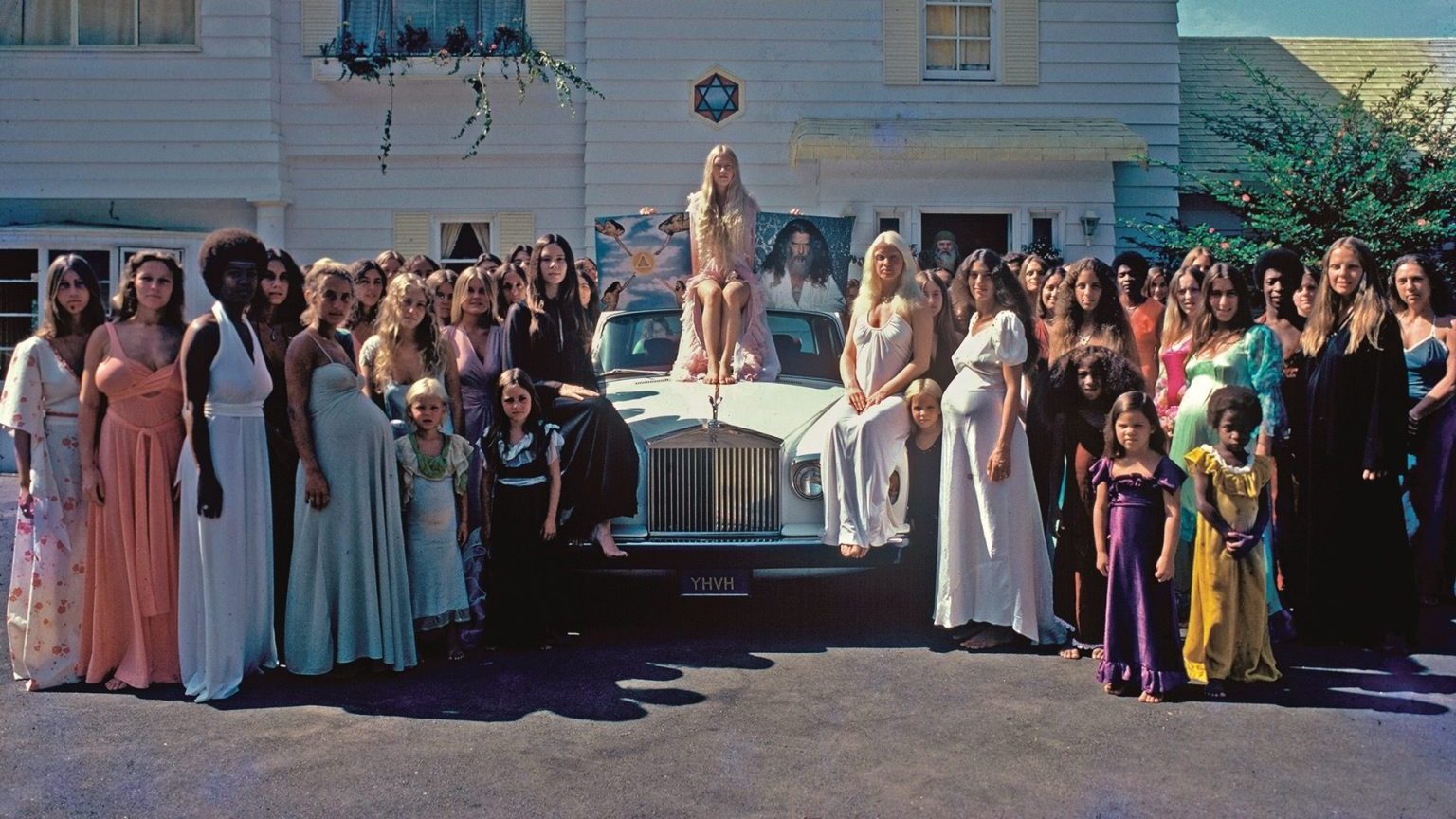Everyday Philosophy: “Can I ever swear in front of kids?”

- Welcome to Everyday Philosophy, the column where I use insights from the history of philosophy to help you navigate the daily dilemmas of modern life.
- This week, we look at the question of swearing in front of other people’s kids.
- To help answer Irene’s question, we explore the philosophies of two modern philosophers: Seumas Miller and Rebecca Roache.
“I’ve got two kids — 3 and 7 — and I’ve done a pretty good job at not swearing around them. We went on the bus last Tuesday, and two middle-aged men got on next to us. They started dropping F-bombs and other obscenities for 20 minutes straight. I was shocked. Genuinely shocked. I didn’t say anything to them, and I think my kids knew something was up. Should I have said something?
Irene, Wisconsin
Good question, Irene. Good question. It’s a dilemma I’ve had myself. Before we dig in, I think we’re going to have to clarify one thing: What kind of swearing are we dealing with here?
To help with that, let me tell you a story about a man called Timothy Boomer. Boomer was a single young man on a canoe holiday in Michigan. One day, Boomer was out on the river when he overturned his canoe and fell into the river’s cold, murky waters. He cussed. He swore like a capsized sailor, and his four-letter anguish echoed for all to hear. And unfortunately for Boomer, the Smith family was there to hear — mom, dad, and four tiny ears. The dad took Boomer to court. And won. (Boomer did eventually overturn it on appeal.)
I think most people would argue that Boomer wasn’t a criminal. I would even argue that he wasn’t, necessarily, morally culpable. He was just a swearing-proficient man who slipped out a few F-bombs. The question that Irene poses, though, is a bit more complicated. Here we have a person who is deliberately swearing, knowing full well that children are around. Their swearing is not an automatic reflex; it is the act of someone who doesn’t care. And should they?
To answer this question, we’re going to pull out of our philosophical deck two relatively recent philosophers: Seumas Miller, a professor of Practical Ethics at Oxford University, will represent the anti-swearing side, while Rebecca Roache, a philosopher who literally wrote the book on swearing, will argue for swearing.
Miller: No one wants a society of swearing toddlers
When you dig into Irene’s question, you realize it’s about convention. It’s not illegal to say, “Listen, kid, just shut the fuck up,” on a bus, but it does violate a convention. For Miller, conventions are the necessary steps we all have to take to achieve some “collective end.” So, for example, if we want to trade with each other (the collective end), we have to accept money as being representative of value (the convention).
So, what’s the collective end of “not swearing deliberately in front of children?” There could be many, but I would suggest that a key one is to champion politeness, respect, and civility as important virtues. We want a society where people are nice to each other, and swearing can often violate this. You just don’t swear in polite company. And so, the “collective end” of not swearing around kids is that we want to induce them into the notion of politeness. We want to model virtues and establish morally desirable and socially useful virtues.
So, Irene, using her Miller, could say, “Excuse me, please don’t swear in front of my kids. I don’t want my kids learning to talk like that.”
Roache: How sad life would be without swearing
The problem, though, is that not all swears are the same.
In the 1960s, the philosopher J.L. Austin gave us the concept of “speech acts.” A word or sentence doesn’t only describe the world; they are jammed with nuance. When we speak, we not only have the content of the word but also the various, complicated, and often opaque background hues to try and understand. Swear words, for instance, are hardly ever about what the word represents: Telling someone to “fuck off,” for example, is literally hard to do (even though calling someone a “wanker” is likely accurate). For Austin, swear words represent feelings.
Sometimes, a swear word might express anger. In those cases, we might object to swearing around kids in the same way as we would having kids watch violent movies. It can be traumatic for a young child to witness anger, vitriol, and aggression. But not all swear words express anger. Sometimes, they might be for emphasis (“I’m so fucking tired”), sympathy (“That’s so shit”), disapprobation (“What a dickhead!”), or even affection. I’m British, and even the “worst” swear word, the C-word, can get repurposed as an endearment. In Irene’s story, it’s unlikely that the two men were using anger-swears.
Roache, applying her Austin, argued that swearing is permissible only in certain contexts. It might even be permissible around children. We can still agree with the “convention” argument and want society to be polite and respectful, but we can also accept that not all swearing is rude or disrespectful. Bad swearing is bad. Other swearing is okay.
Don’t be a dick
So, it seems we have an answer for Irene: Don’t say anything. Those men aren’t going to break the moral order of society.
And yet, I find that difficult. I, personally, don’t swear in any way around kids, and that’s because there is another dimension at play here. That’s the fact that most modern societies give parents generous leeway in how they raise their own children. Bottle or breast milk? Sugar or limited sugar? TV or no TV? And swearing or not swearing? These are all acceptable, if hotly debated, ways to raise children.
When we swear around children, we are essentially taking away a parent’s choice. We’re forcing them to be “pro-swear” people. The two cussers on the bus are undermining Irene’s parenting. It would be like giving them chocolate when Irene said, “No more,” or letting them watch TV when Irene said, “It’s time for bed.”
So, a compromise position. Irene shouldn’t say anything to these men. They’re not immoral, but what they’re doing is a bit of a dick move (which is, as it happens, another non-angry swear).



